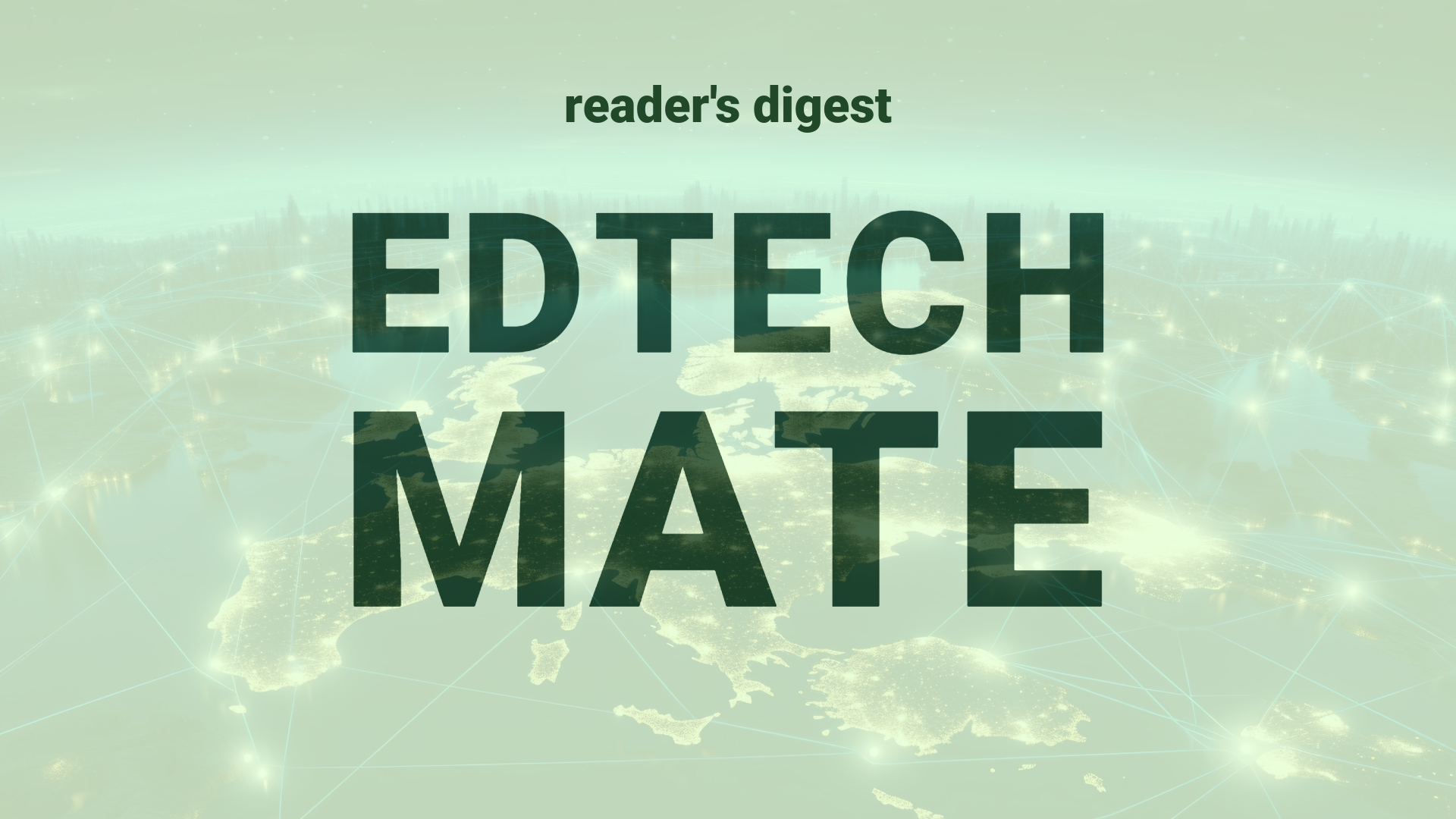Executive Summary and Main Points
Recent technological and policy changes have significant implications for the intersection of international education and digital transformation. Apple has removed several messaging apps, including Meta’s WhatsApp and Threads, from the App Store in China due to local government demands tied to national security concerns. This move highlights increased technological tensions between the U.S. and China, underscoring pressures on multinational tech companies like Apple, which now faces strategic decisions regarding its global supply chain and market compliance. Additionally, pending U.S. legislation threatens further disruption, as TikTok’s parent company ByteDance may be forced to divest from the social media app. These developments reflect a broader environment where data security and geopolitics are influencing digital availability and operations.
Potential Impact in the Education Sector
Within Further Education and Higher Education, such geopolitical tensions and app store restrictions may limit the channels through which international students and educators communicate and access resources. The removal of messaging platforms like WhatsApp marginalizes digital tools previously utilized for cross-border collaboration and educational exchange. Conversely, this could stimulate the pursuit of alternative communications platforms and foster innovation in digital solutions that comply with varying national regulations. For Micro-credentials, this landscape may require strategic partnerships that prioritize secure and accessible learning technology platforms, ensuring the resilience and integrity of global academic credentialing.
Potential Applicability in the Education Sector
Applicability of AI and digital tools must evolve to navigate geopolitical tensions affecting global education systems. Educators could explore blockchain to enhance the security and portability of academic records and micro-credentials. AI-augmented translation services may address the vacuum left by messaging app removals, improving multilingual support for international collaborations. Universities may also need to deploy adaptive cybersecurity strategies within their IT infrastructure to shield academic data from potential geopolitical cyber threats.
Criticism and Potential Shortfalls
While digital transformation offers numerous opportunities for enhancing educational practices, it also introduces challenges and criticisms. The dependency on centralized app stores and multinational tech providers places educational institutions in a precarious position, subject to the whims of international politics and corporate compliance decisions. Cultural and ethical concerns arise, particularly in regions with strict censorship laws that potentially threaten academic freedom and the exchange of knowledge. Comparative international case studies, such as the different approaches to internet freedom in authoritarian versus liberal democracies, further underline these disparities and suggest a need for diversified, resilient educational technology strategies.
Actionable Recommendations
International education leadership should consider the following strategies to mitigate risks and leverage opportunities in this shifting landscape: diversify communication and collaboration channels beyond single-platform dependencies, invest in decentralized and secure technology infrastructure for education delivery, forge strategic alliances with tech firms that have a proven track record of standing against undue political influence, and develop contingency plans for rapid adaptation to changing legal and technological environments. Engaging internationally in policy advocacy could furthermore help to shape a global digital ecosystem that supports open, secure, and accessible educational exchanges.
Source article: https://www.cnbc.com/2024/04/19/apple-pulls-metas-whatsapp-threads-from-china-app-store.html

